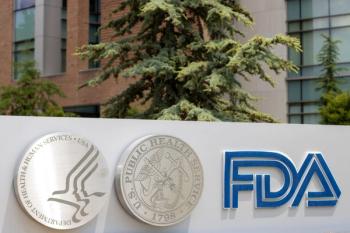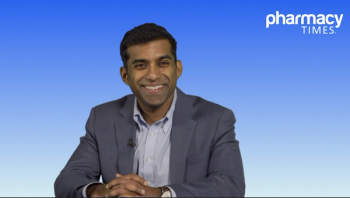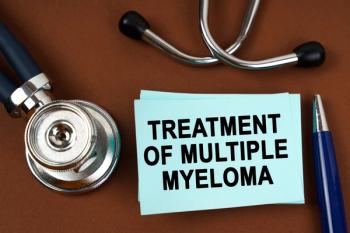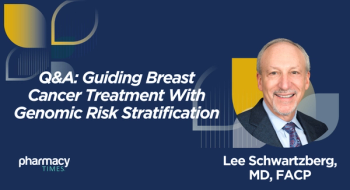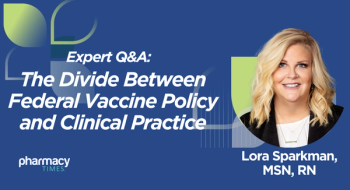“It’s a great time to be FDA Commissioner because everywhere in the world I go people say ‘the [United States] is leading the world in technology development, innovation, and new gadgets,’” Robert M. Califf, MD, commissioner of the FDA, said in the keynote session of the American Diabetes Association (ADA) 84th Scientific Session. “Yet these advantages are not resulting in superior health and outcomes for the [United States] population or for most individuals in the [United States]. In fact, most health outcomes are currently deteriorating.”
Califf stated in the presentation that in 2021, there was approximately 1 endocrinologist to every 4657 patients with diabetes, which further limits access to care for patients, particularly minority populations and those in rural areas.
Additionally, Califf said the United States is currently failing to reign in the type 2 diabetes (T2D) epidemic. He stated that the impact of technology holds much promise, but the implementation is lacking, and the United States is currently not accomplishing what is necessary.
One important factor in diabetes, according to Califf, is income. Although technology has been advancing, glucagon-like peptide-1 (GLP-1) medications have remained unaffordable for some patients, either due to cost, lack of insurance coverage, drug shortages, or other challenges. Similarly, continuous glucose monitoring devices are not uniformly covered by insurance.
Currently, GLP-1 medications have been approved for T2D, weight management, and cardiovascular risk reductions, but there are additional benefits possible, including improving renal outcomes, decreasing alcohol intake, smoking cessation, managing gambling addictions, slowing Parkinson disease progression, increasing non-alcoholic steatohepatitis resolution, and possibly affecting Alzheimer disease.
Califf said bariatric surgery has been used by less than 1% of eligible patients, even though it has proven to be effective for T2D remission and lower all-cause mortality. Furthermore, he stated that the surgery has been proven to be durable and safe for patients.
When compared with other countries, the life expectancy and cost of health care were historically about equal for the United States. However, over time, the United States became an outlier, with Califf stating that there were 2 main differences before other countries and the United States.
“The first is that health care is a right,” Califf said. “The second is that primary care is the essential basis of the delivery of health care.”
Finding solutions to these challenges requires colllaboration. Califf asked the audience how medical professionals and health care agencies get the right solution to the right patient at the right time. The answer lies, he said, within collaboration. The FDA, the National Institutes of Health, the CDC, health care organizations, and health care professionals all play an essential role in the care patients receive.
Key Takeaways
- The US leads in medical technology and innovation but has poor health outcomes compared to spending.
- Despite proven effectiveness, bariatric surgery for T2D remission is underutilized, and GLP-1 medications remain unaffordable for many patients.
- Effective health care delivery requires collaboration between the FDA, health care organizations, and providers to ensure the right solution reaches the right patient at the right time.
He stated that the FDA’s role is to determine indications, safety, and which populations would benefit most from the drug. However, the agency does not look at cost and value, which he said is essential for patient care. He added that it is important for organizations and health care providers to recommend the best solution for the patient, especially in the wake of technology and improved medication.
“What we need people in practice to do is sort of pertain [the data] to real life, in rural areas and community cost centers,” Califf said. “I think we are at a point now between digitization and [artificial intelligence] where we can either use technology to improve health for everyone, or...use it to cater to wealthy people who are highly educated."
Reference
Gabbay RA, Henderson C, Bajaj M, Califf, RM, Cheng AY, Holliday CS, Rodgers G. Special lectures and addresses - welcome to the 84th ADA Scientific Sessions—keynote address by Robert M. Califf, MD and panel discussion. Presented At: ADA 84th Scientific Sessions; June 21-June 24, 2024; Orlando, Florida.

